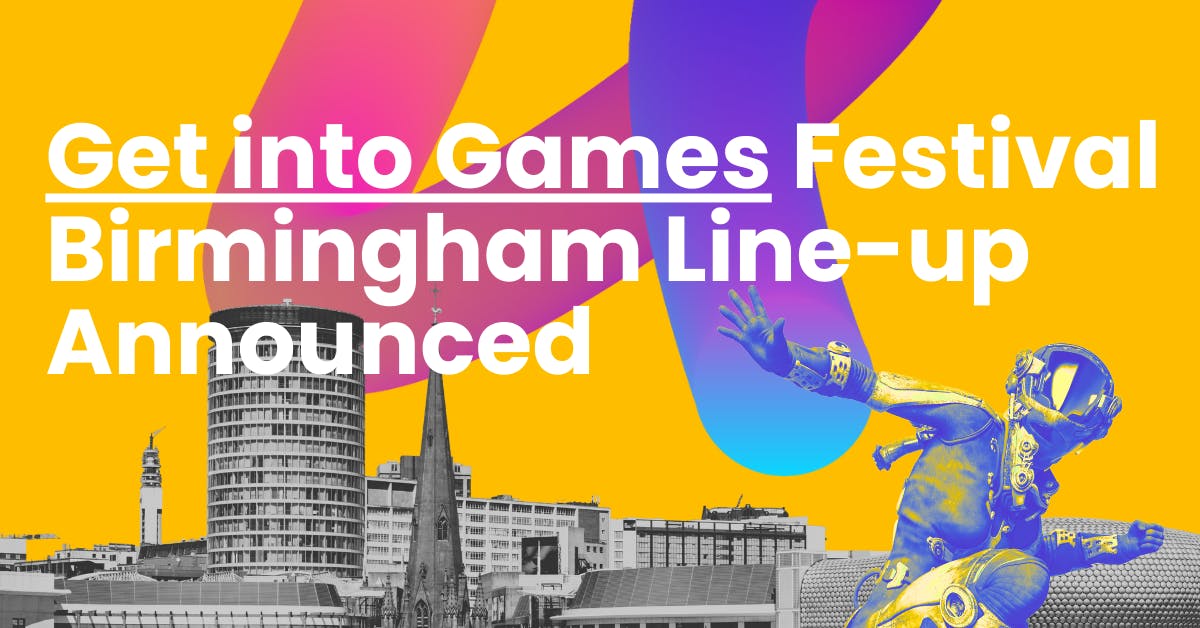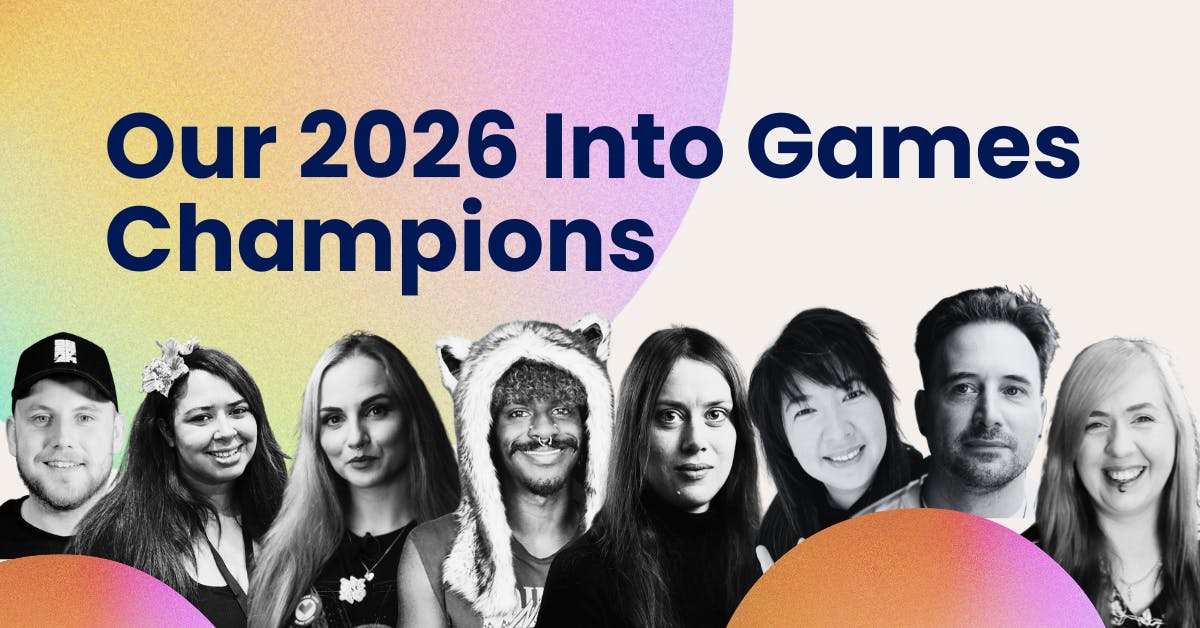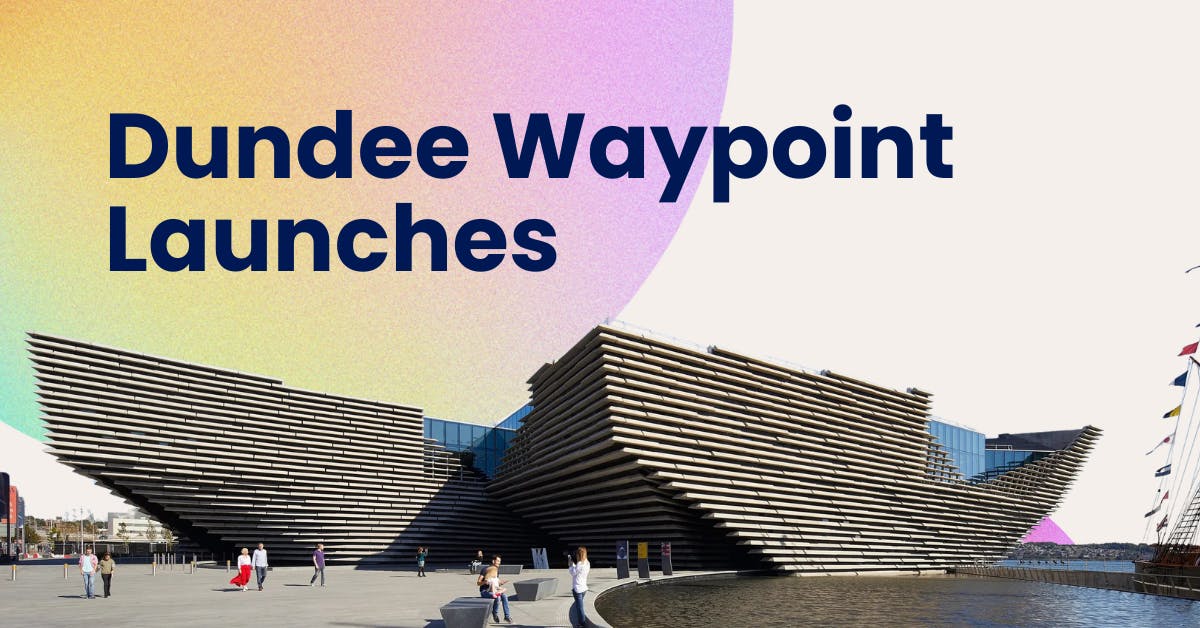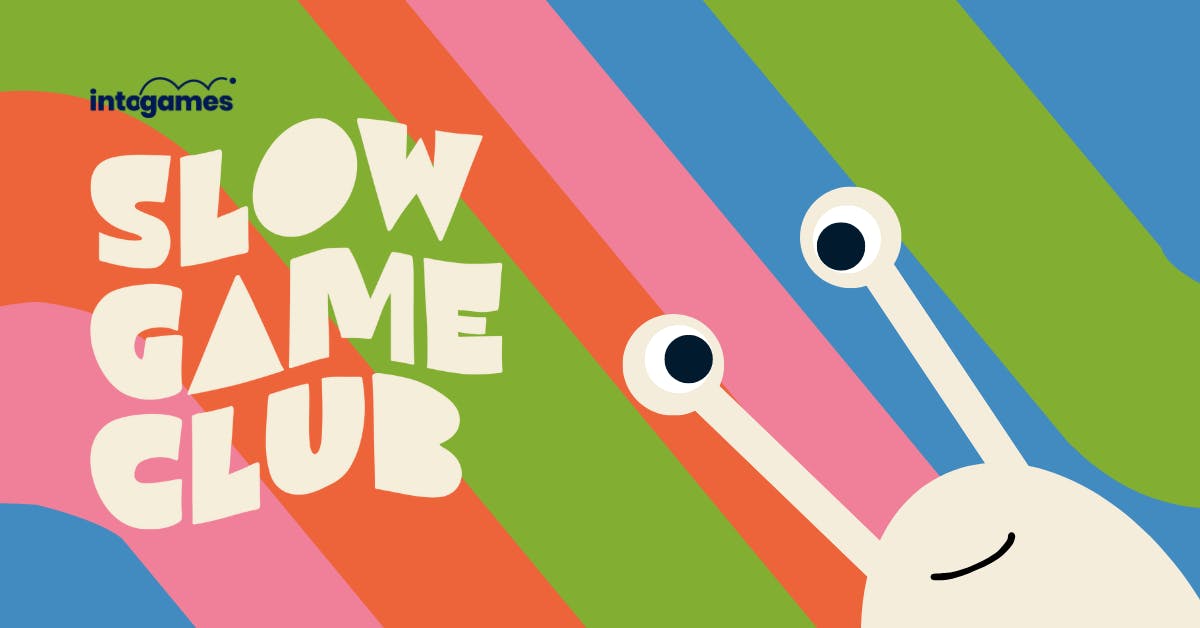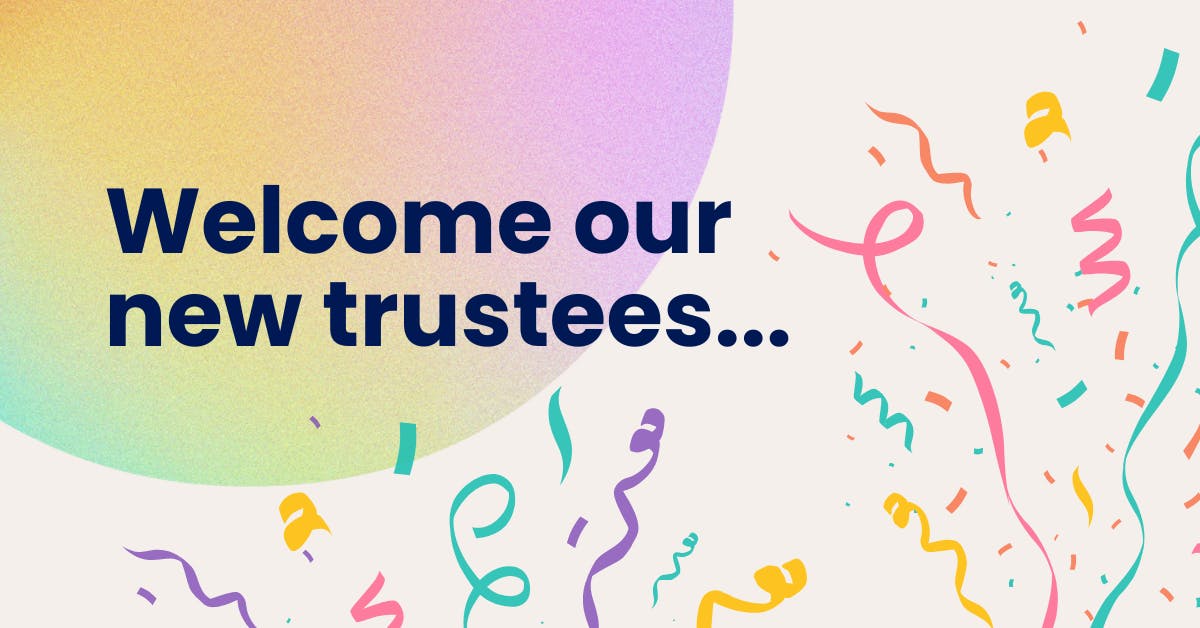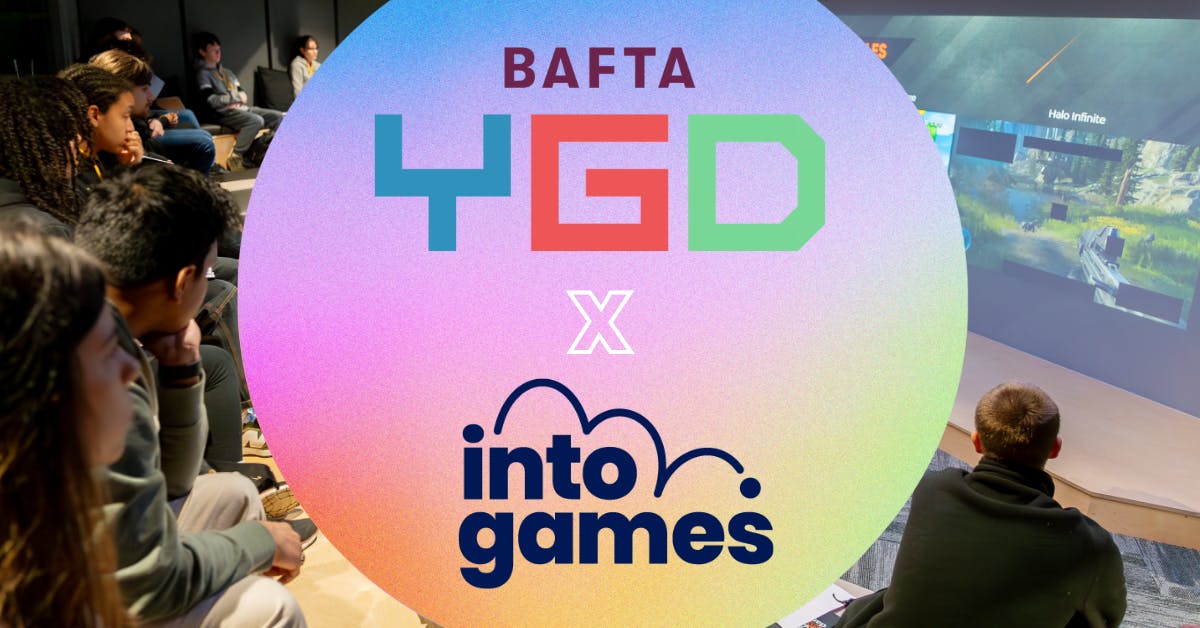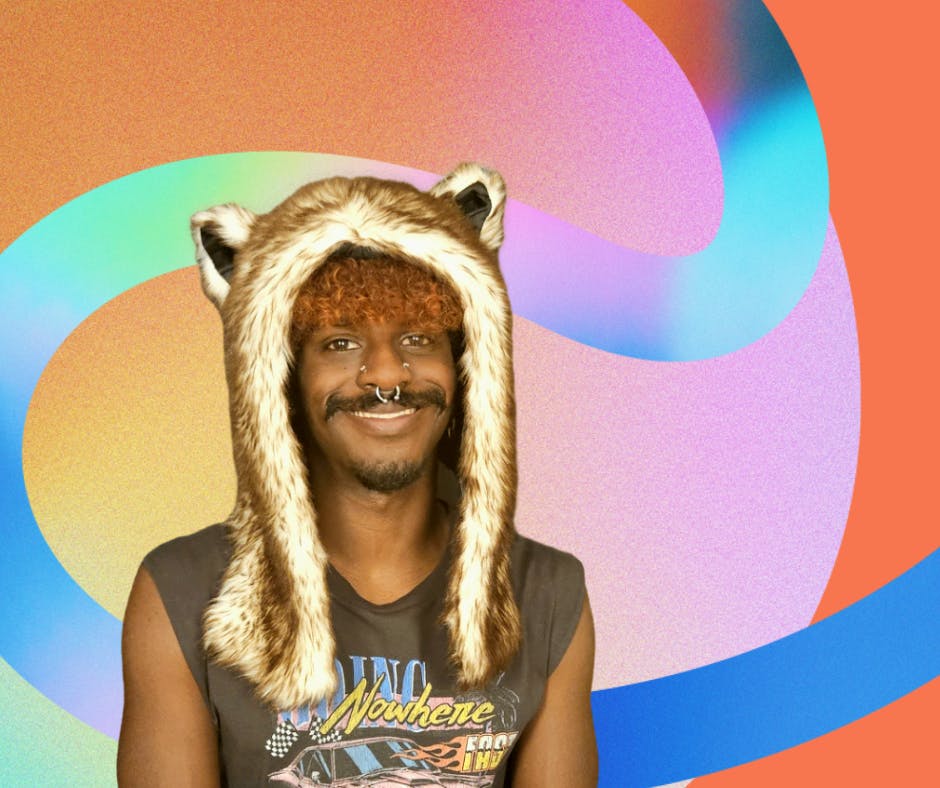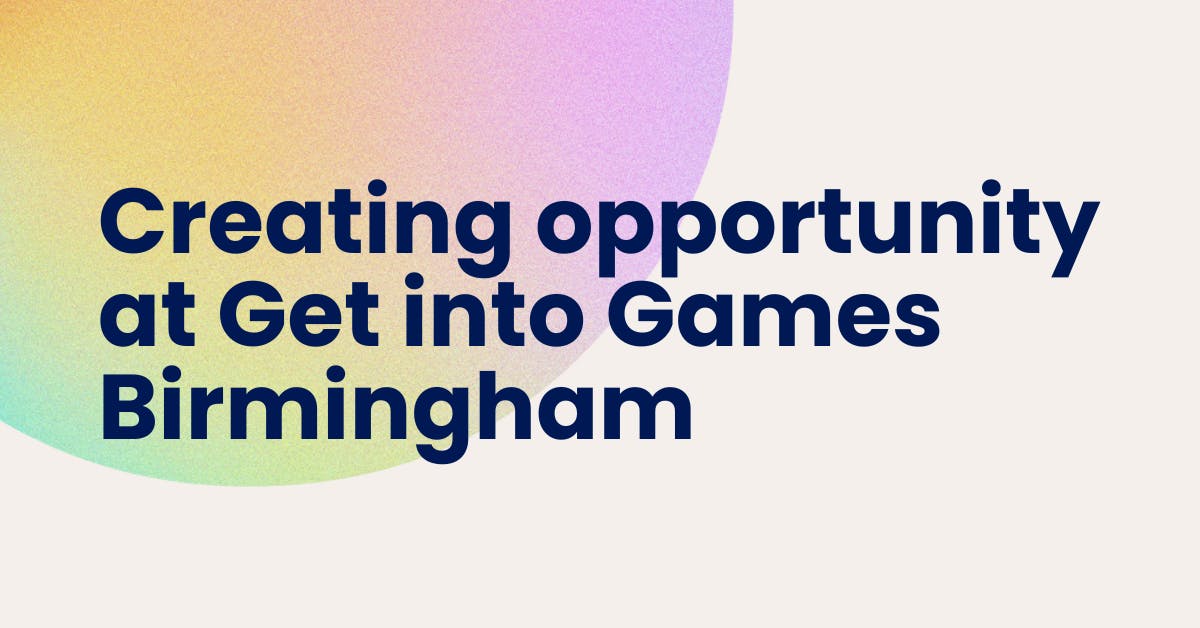
27 May 2020
What does a Junior Programmer in games do? Interview with Kalliopi Tsavari, nDreams
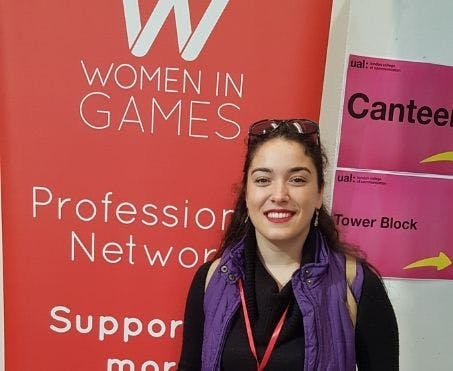
Kalliopi Tsavari, is an ambassador for Women in Games and currently works for nDreams as a Junior Programmer. nDreams are a virtual reality studio, developing and publishing award winning games and experiences. We asked Kalliopi some key questions about getting into the games sector.
Explain your role like I'm 5
Working as a junior programmer I get to do many different things in the process of learning and evolving my skills. Depending on my task and the project, I can write code to make a new functionality work, for example a health system for the player, the damage he will take or how fast his health will replenish, make differences to an already existing systems in order to fix some bugs ( problems that the code might have) or work directly in the editor of the Engine we are using for a specific project (Unreal Engine 4) and make my system in blueprints. A game Engine is a software development environment which people use to build the video games and the blueprints are functions provided by this engine to make a programmer’s life easier.
What does your average day look like?
An average day at the office is very busy. I come in the office early and I go through my emails. After that, I get the latest version of the project I am working on and I am checking to finish up as many tasks are possible depending on their importance and priority. I attend to daily stand ups where people from the same team meet every day and are discussing about what they are doing, what they are going to do and if they have any blockers or problems so we can work together and find solutions.
After that, it’s back to coding, attending meetings to plan ahead or discuss the criteria of a feature we want to implement and, whenever I’m needed, helping others (coders, artists, designers) if they have any questions or issues using the systems I created for them. I really love communicating with people from my team or other disciplines and help things go faster, smoother and with better efficiency.
What was your learning pathway into your role?
I fell in love with the idea of how games are made when I was 10 and played Tomb Raider for the first time. Since then, I tried to follow a career that will lead me as close as possible to games. Since I come from a tiny island called Symi in Greece, I didn’t have many choices as to self-learn programming or follow things on internet – internet was almost non-existent back then. I finished my high school there following the technology department and I passed to the University to study Computer Science, or Informatics and Mass Media as the specific title was, for 4 years in Greece. That wasn’t enough for me though so I tried to find a way to specialise in Games. For my dissertation, I asked my professor to give me a theme about games and that gave me the chance to create my first mini platformer game all by myself.
After finishing my undergrad in Greece, I applied to Birmingham City University for the Master of Science course GamerCamp Pro, where I got accepted. It was one year fast track, so I studied there, working with my fellow students to create first and Android platformer game and then a demo for the PlayStation 4. It was during my last module when I got my very first job as a junior programmer. It was a placement in the beginning and after finishing my Master’s, I got offered to continue my job there. My job here at nDreams came after that, so it is my second job in the industry ever and I am really glad I part of it.
What is the most rewarding thing about your role?
I really love making Video Games and the most rewarding thing about my job is that I get to work with incredible people and learn from them. But to me, making something that will give other people entertainment and maybe help them escape their reality for a little bit, it feels also great. It’s the same as to when you see yourself as a gamer and how great you feel about a game that you really like and secretly thanking the developers behind it for giving you such a nice title to experience.
Who else in the studio do you work with most regularly?
As a coder I get to work with every other discipline. I work closely with other coders of course, but also with designers and artists.
What's the most challenging thing about your role?
I believe that the most challenging thing for me as a coder is to make sure to create the requested features with as much efficiency as I possibly can, but without taking me more time that it was originally planned. Sometimes this is very difficult to maintain as the projects need to have some features created very fast for people to be able to test them if they work as expected and then implement them properly.
What software or digital tools do you use the most?
I mostly use Visual Studio as a compiler for the coding part and Unreal Engine 4 as the Engine for the projects. In the past I used Unity3D as well, but not as much as Unreal Engine 4.
What are the key skills needed for you to work on to do your role?
I believe that being able to adapt to new projects fast and to communicate with the team are the key skills needed to that role.
What advice would you give to your younger self looking to get started in the industry?
Try to not beat yourself up if you can’t do something from the first try. It’s normal to take sometime to learn and then take it step by step. Failure is part of the learning process and you can only become better by it.
Coding is such a vast department so depending on what one wants to specialise on or like more, I would say to follow YouTube tutorials or some Udemy courses and then try to implement these learnings in their project prototypes. Google is always a coder’s best friend! :)
Stay up to date
It's time to level up your inbox
Pick which newsletters you're interested in receiving, and customise further by specifying a discipline.
Join our mailing listTell me more
